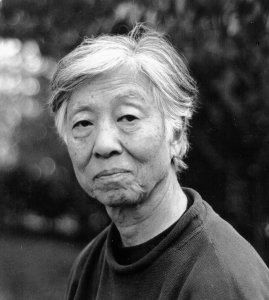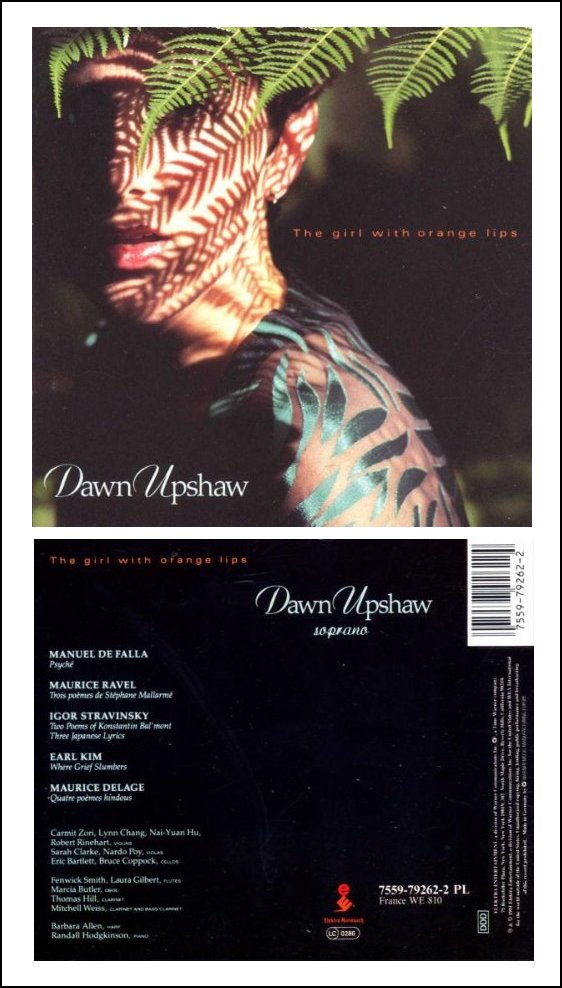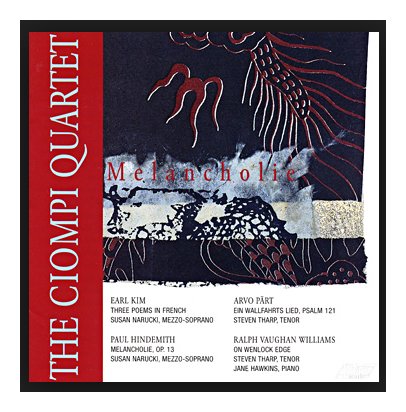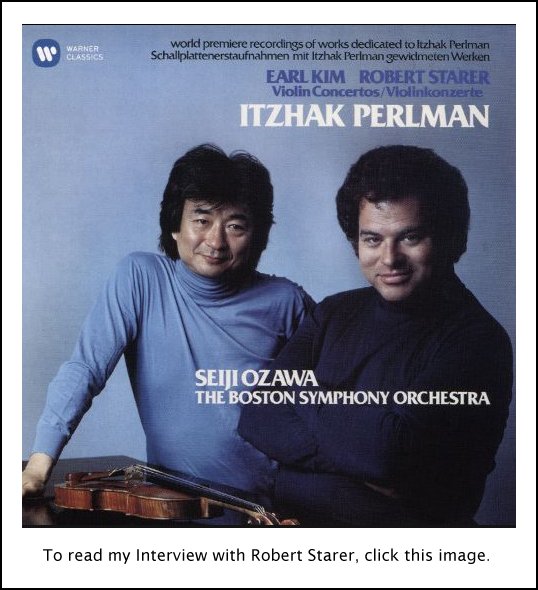 EK
EK| Earl Kim was born in Dinuba, California,
the third son of immigrant Korean parents. He was educated at Los Angeles
City College, the University of California-Los Angeles, and Harvard University.
His principal teachers included Arnold Schoenberg, Ernest Bloch and Roger
Sessions. Throughout his career, Mr. Kim received considerable recognition as a composer, including commissions from the Fromm, Koussevitzky and Naumburg Foundations, from the University of Chicago and Boston University, from individuals and performing organizations; grants from the Ingram Merrill and Guggenheim Foundations and from the National Endowment for the Arts; and awards including the Prix de Paris, National Institute of Arts and Letters Award, Brandeis Creative Arts Medal and the Mark Horblitt Award of the Boston Symphony. Mr. Kim served terms as Composer-in-Residence at the Princeton Seminar in Advanced Musical Studies and at the Marlboro, Dartmouth, Tanglewood, Cape and Islands, and Aspen Music Festivals. In addition to his work as a composer and teacher, he was active as a pianist (including lieder recitals with Bethany Beardslee, Benita Valente and Dawn Upshaw), vocal coach and conductor, and was a co-founder and past president of Musicians Against Nuclear Arms. Mr. Kim is especially well-known for his extensive work in the idiom of music theatre, specifically on texts by Samuel Beckett. Representative works include Exercises en Route, which has been performed by artists such as Benita Valente, who has performed it throughout the United States in both its concert and theatre versions, and Narratives, premiered by Irene Worth and the Ariel Chamber Ensemble. Eh Joe and the one-act opera Footfalls were presented at the Second International Samuel Beckett Festival in The Hague, where Kim also lectured on the subject "Setting Beckett" and participated in the "Beckett and Music" panel. Earl Kim died of lung cancer at his home in Cambridge, Massachusetts, on Thursday, 19th November, 1998, at the age of 78. -- Throughout this page, names
which are links refer to my Interviews elsewhere on my website. BD
|
 EK: I think so. I don’t feel that we would
suddenly become lazy and pretend that we are on welfare, and not compose.
[Both laugh] The struggle to write is mainly inner-directed.
A composer is usually a pretty obsessive character, and it’s a central part
of his life, something that he really cannot do without. So in that
sense I would not have minded it one single bit if I had a little easier
time and more time to compose. It was very restrictive.
EK: I think so. I don’t feel that we would
suddenly become lazy and pretend that we are on welfare, and not compose.
[Both laugh] The struggle to write is mainly inner-directed.
A composer is usually a pretty obsessive character, and it’s a central part
of his life, something that he really cannot do without. So in that
sense I would not have minded it one single bit if I had a little easier
time and more time to compose. It was very restrictive. BD:
Then how many times did you get to perform it with her?
BD:
Then how many times did you get to perform it with her? BD:
Because of the sound?
BD:
Because of the sound? EK:
Yes, that’s right.
EK:
Yes, that’s right. EK: I heard him first when I was very young
at the Hollywood Bowl in California. I thought it was sensational!
EK: I heard him first when I was very young
at the Hollywood Bowl in California. I thought it was sensational!

This interview was recorded in Chicago on May 29, 1995. Portions
were also used (with recordings) on WNIB later that year, and again in 2000.
A copy of the unedited audio was placed in the Archive of Contemporary Music at Northwestern University. This transcription
was posted on this website early in 2013.
To see a full list (with links) of interviews which have been transcribed and posted on this website, click here.
Award - winning broadcaster Bruce Duffie was with WNIB, Classical 97 in Chicago from 1975 until its final moment as a classical station in February of 2001. His interviews have also appeared in various magazines and journals since 1980, and he now continues his broadcast series on WNUR-FM.
You are invited to visit his website for more information about his work, including selected transcripts of other interviews, plus a full list of his guests. He would also like to call your attention to the photos and information about his grandfather, who was a pioneer in the automotive field more than a century ago. You may also send him E-Mail with comments, questions and suggestions.